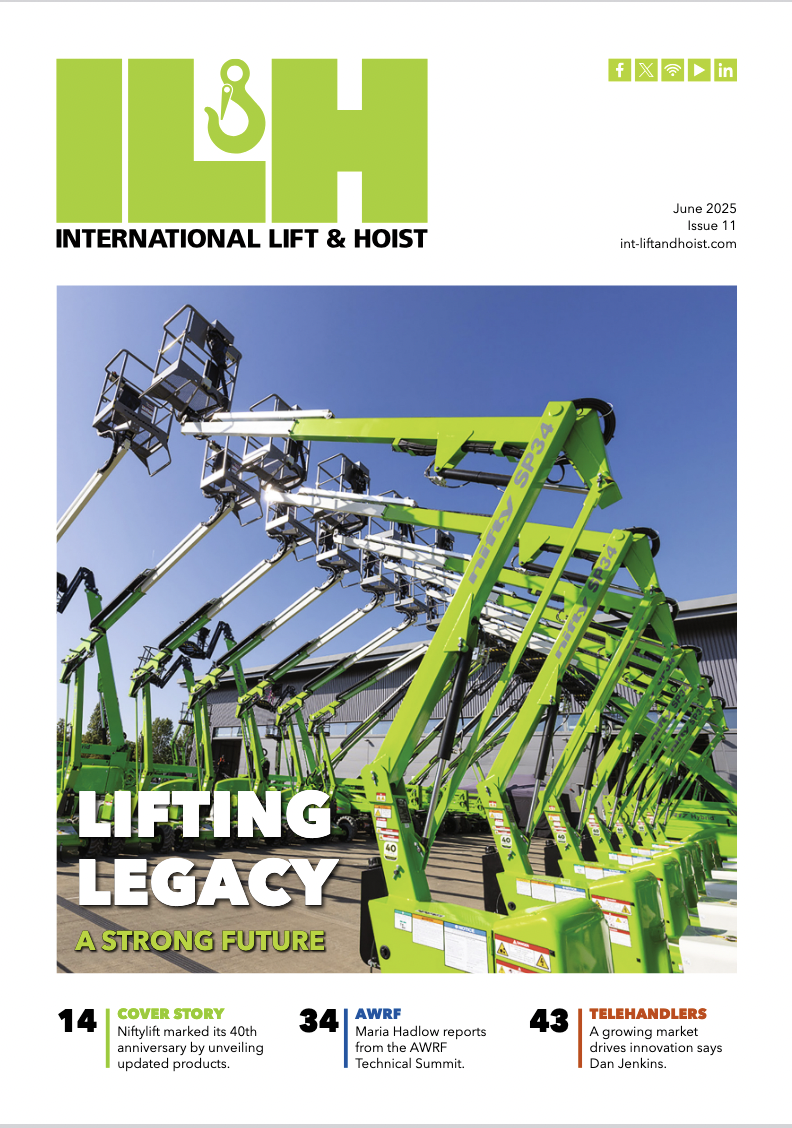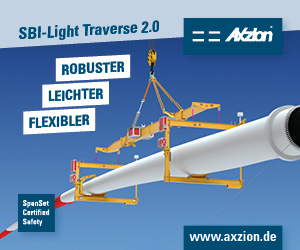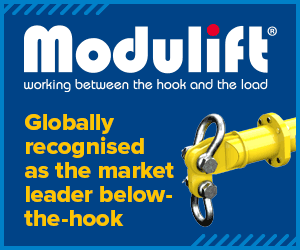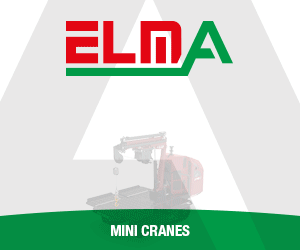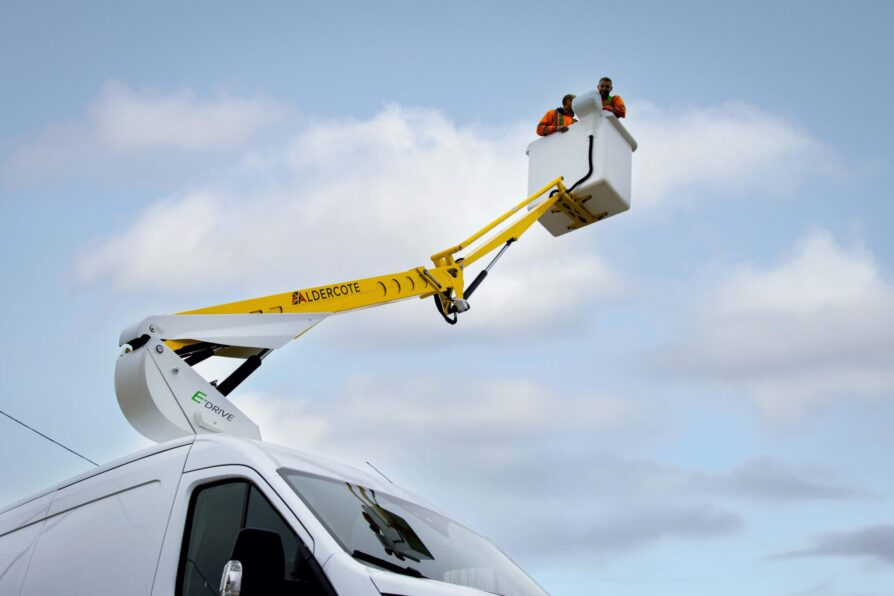)
Aldercote unveils innovative access platform for fully electric vehicles
Aldercote, the leading UK manufacturer of vehicle-mounted access platforms, has launched its first platform designed specifically for fully electric vehicles.
The company, which supplies utilities firms including telecoms operator Openreach and Irish energy provider ESB, as well as dozens of UK local authorities, developed the new product for Norwegian distributor Liftco AS.
The platform is Aldercote’s first product built entirely without stabilisers. Instead, its design carefully routes the load path directly to strong points in the vehicle, resulting in a much lighter product than traditional platforms, without compromising safety standards.
Aldercote director Marc Paish said, “One of the challenges our customers face in transitioning to fully electric vehicles is that heavy batteries greatly reduce vehicle payloads.
“The design approach we’ve taken hands much of the payload back, which will be welcome news for fleet operators across a range of sectors.
“We expect to see increased demand for the new design as organisations continue the shift to electric vehicles over the coming years.”
The platforms produced for Liftco AS have been mounted on Ford Transit vans, providing a maximum operating height of 13.8m, a maximum operating outreach of 8.4m and a safe working load of 230kg.
Gjermund Kristiansen, director at Liftco AS, said, “We had clients who were ready to switch to fully electric vehicles but were concerned at the prospect of a reduced payload and how this would affect their operating efficiency.
“Aldercote’s focus on engineering rigour and innovation has delivered a practical solution that will enable my customers to meet their sustainability aims while maintaining required productivity levels.”
The new product also features Aldercote’s E-Drive system, which is easily adapted to both electric vehicles and engine powered vehicles.
When fitted to conventional vehicles, E-drive platforms operate from a battery pack that is recharged while travelling, significantly cutting fuel consumption and CO2 emissions compared to traditional power take-off systems.



